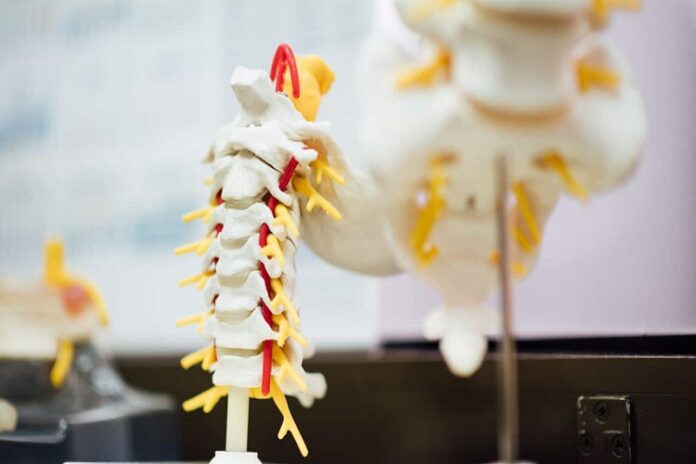If you live with chronic back pain, you understand how much it could affect your everyday life. Patients often resort to conventional solutions like pain medication or physical therapy. However, these conservative treatments are ineffective in some situations, so you must consider more advanced care. One alternative that could be appropriate for such patients is Rancho Cucamonga disc replacement surgery. This treatment entails replacing the damaged spinal disc with an artificial one, relieving your pain and enhancing mobility. Continue reading to discover the five key signs that you could be a candidate for disc replacement surgery.
Table of Contents
1. You Have Degenerative Disc Disease
Has your doctor diagnosed you with degenerative disc disease, or is the pain accompanied by this condition worsening or does not respond to previous therapies? If so, you should consider disc replacement surgery. Degenerative disc disease is a common reason patients seek artificial disc replacement. Occasionally, a spinal might weaken to the point where your specialist cannot salvage it, and the only solution is to replace it entirely.
2. You Experience Reduced Mobility
Another common sign that you may be eligible for artificial disc replacement is reduced mobility. Disc replacement surgery could be a viable solution if you experience difficulties performing everyday activities or realize that you experience limited motion range.
This treatment can help reinstate your mobility and enhance your general life quality. Nevertheless, you should note that artificial disc replacement is not appropriate for individuals with serious spinal instability or spinal degeneration.
3. You Have Failed Back Surgery Syndrome
For some patients, conventional back surgery might fail to offer the relief they want. This concern is referred to as failed back surgery syndrome (FBSS). If you underwent back surgery before and still experience discomfort and pain, you should explore artificial disc replacement. This treatment helps to treat any underlying concerns that past surgeries did not address; thus, providing required relief and enhancing life quality.
4. You Have Nerve Impingement
Nerve impingement, also known as nerve compression, is the constriction of nerves running through your spinal column. This condition can cause serious discomfort and pain.
If you experience weakness, tingling, or numbing sensations in the limbs, it may signify nerve impingement. In some instances, artificial disc replacement can provide relief of these symptoms by alleviating the strain on your nerves. Nonetheless, nerve impingement could result from other factors like injury or arthritis, so disc replacement might not be the right solution for all patients.
5. You Lead An Active Lifestyle
If you lead an active lifestyle and love participating in physically-demanding activities like exercise and sports, you may be eligible for artificial disc replacement. This treatment will reinstate motion range and flexibility, enabling you to resume your beloved activities without discomfort or pain.
Nonetheless, you should remember that recovery from disc replacement is not instant. Thus, you should be ready to adhere to a stringent rehabilitation plan to ease your way back on the field.
Artificial disc replacement surgery could be a viable solution for patients struggling with chronic back pain that fails to respond to conservative therapy. If you live with serious or chronic back pain, lead an active lifestyle, or suffer from nerve damage, and decreased mobility, you might be eligible for this treatment. Nonetheless, as with other procedures, there is no one-size-fits-all. You should discuss your health history, specific needs, and care goals with your doctor to determine whether disc replacement surgery is appropriate.




